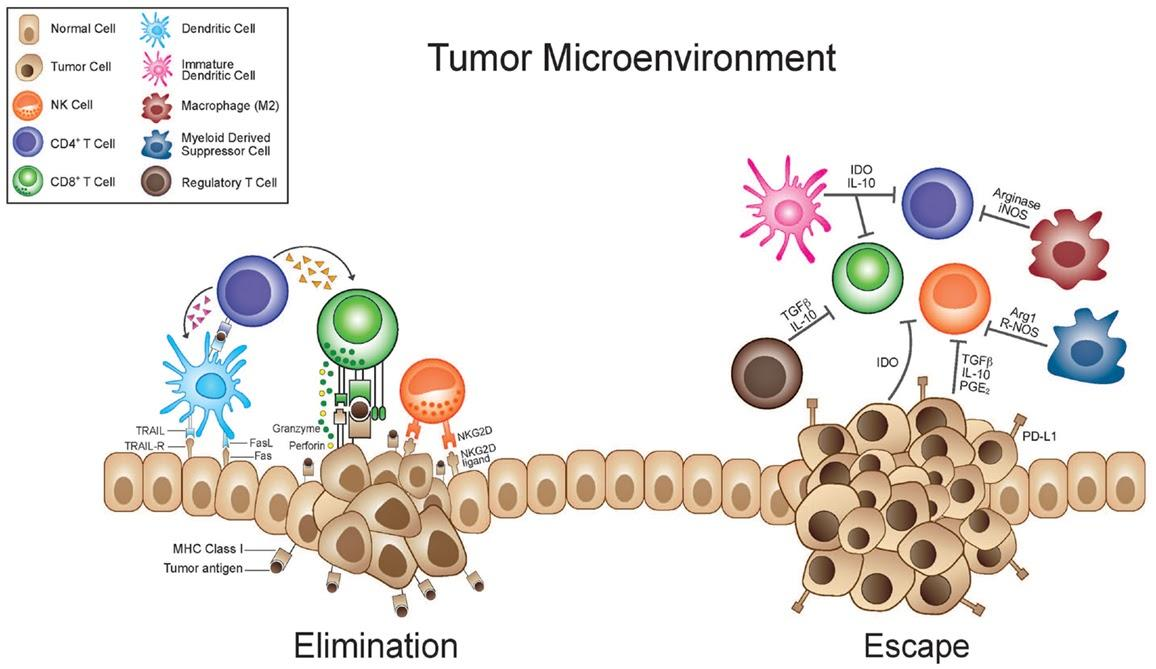Question
Question: Why is tumorigenesis considered to be dependent on the acquisition of genetic instability?...
Why is tumorigenesis considered to be dependent on the acquisition of genetic instability?
Solution
Genome instability (also known as genetic instability or genomic instability) is characterized by a high frequency of mutations in a cellular lineage's genome. Changes in nucleic acid sequences, chromosomal rearrangements, and aneuploidy are all examples of mutations. In bacteria, genome instability does occur.
Complete answer:
A disease in which the cells of the body continue to grow rapidly and in an uncontrollable manner is known as cancer. The part of the cells which are dividing in an unusual manner are known as tumours. They can also spread to various parts of the body with the help of blood. There are two types of tumour:
1. Benign tumour: A benign tumor is not the same as a cancerous tumor. It does not infiltrate nearby tissue or spread to other parts of the body in the same way that cancer does. In most cases, benign tumors have a very good prognosis. Benign tumors, on the other hand, can be dangerous if they press against vital structures like blood vessels or nerves.
2. Malignant tumour: Malignant tumors have uncontrollable cell growth that spreads locally and/or to distant locations. Tumors that are malignant are cancerous (ie, they invade other sites). They spread through the bloodstream or lymphatic system to distant locations.
They divide so rapidly because of the absence of growth promoting factors which results in programmed cell death known as apoptosis. They invade the nearby tissues and spread to different areas of the body known as metastasis.
Thus, The evolution of tumours is because of the accumulation of mutations. The rate of mutations in the majority of human cells is adequate for the progression of malignant cancer. Tumorigenesis is considered to be dependent on the acquisition of genetic instability which is the rate in which the genes and chromosomes are mutated, amplified, rearranged or lost. Hence it is true that genetic instability contributes to the formation of tumours.

Note:
The type and stage of cancer, the type of treatment available, and other factors all play a role in whether or not a person's cancer can be cured. Some cancers have a higher chance of being cured than others. However, each cancer requires a unique approach. There is no single treatment for cancer.
